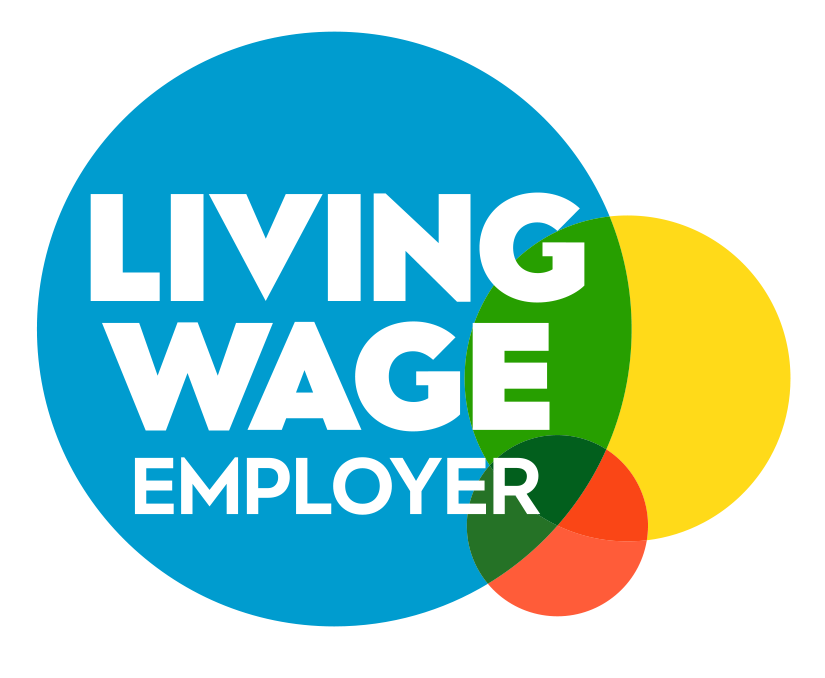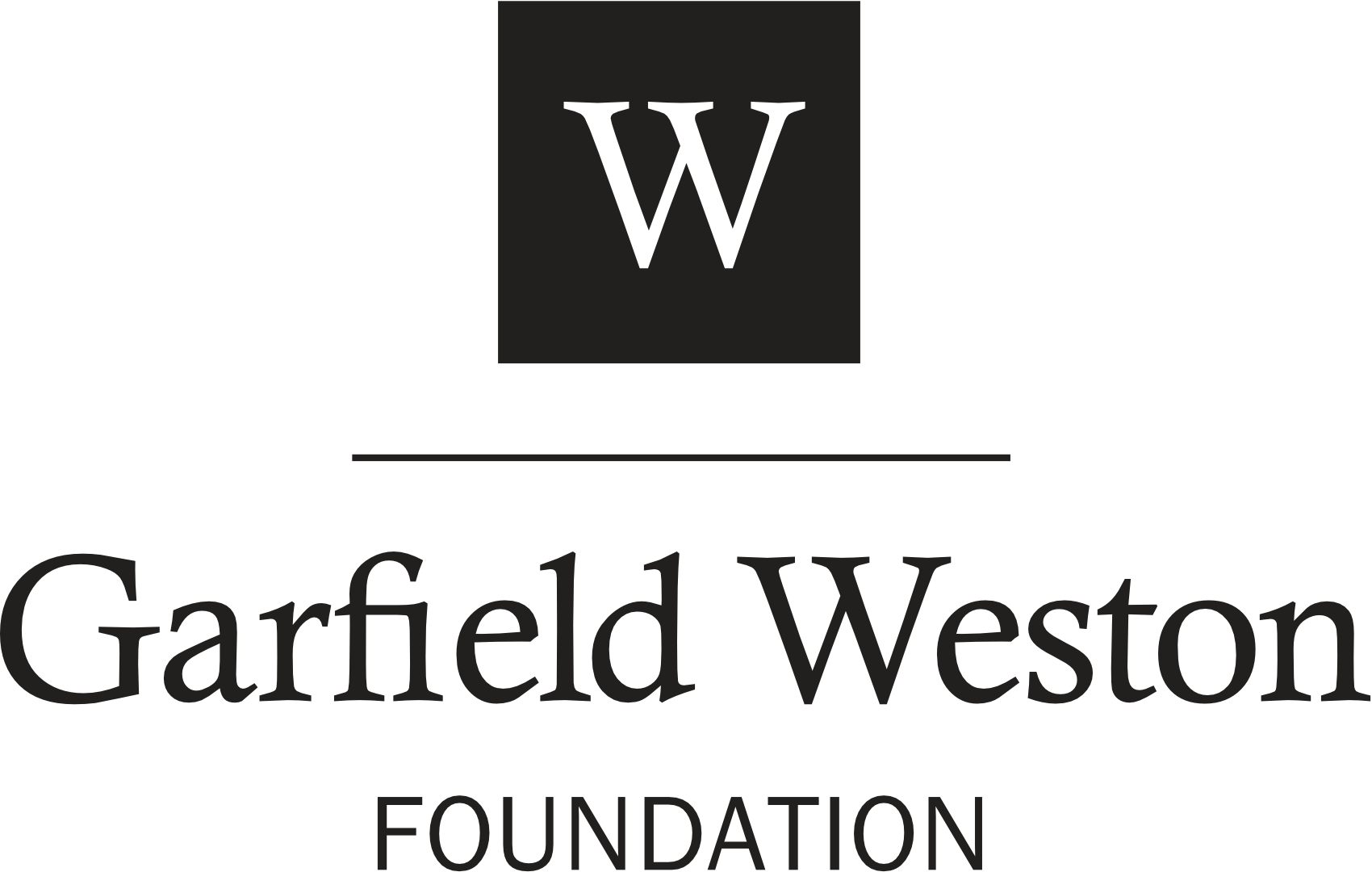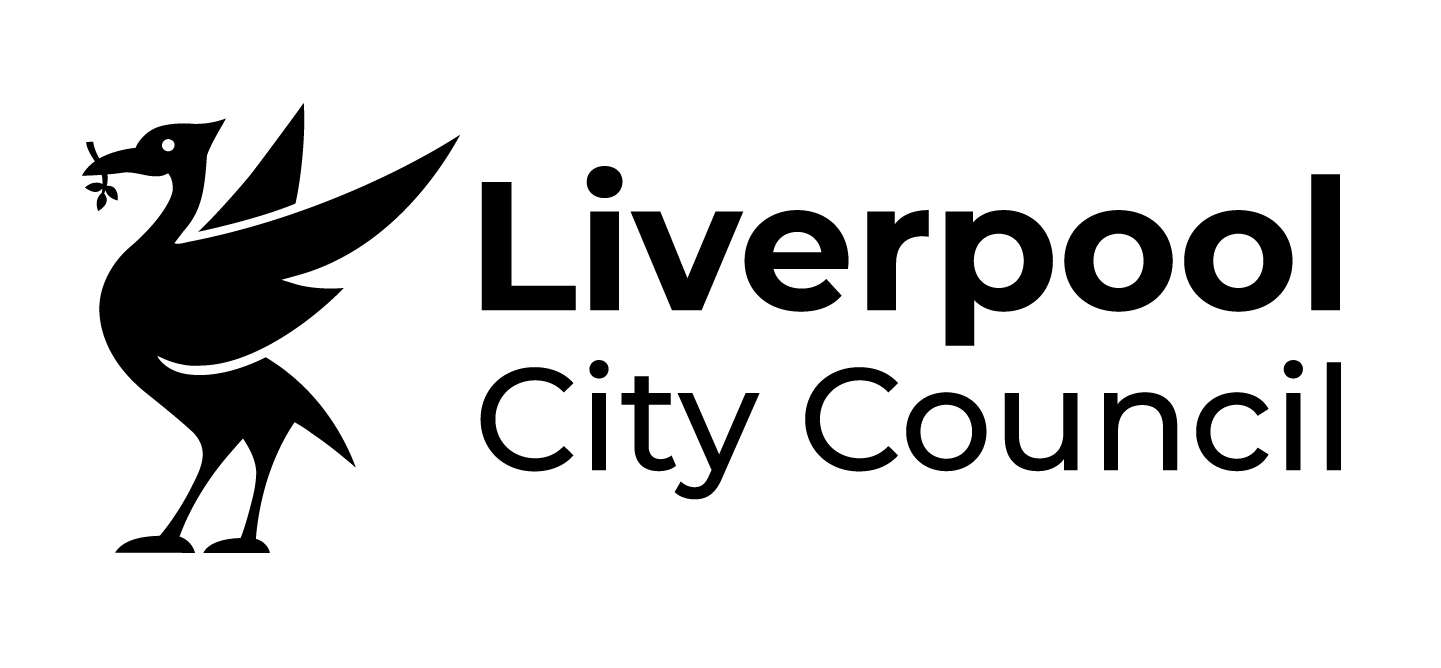creative participatory research enables people to come together in critical inquiry to strengthen and develop their communities
We engage in research projects with a variety of partners. We are interested in research that centres grassroots communities and their shared knowledge and experience, as researchers rather than subjects, for the long term. We want our communities to be the main beneficiaries of the research we are involved in. Our research work overlaps with and informs all of our other programmes.
As a team, our research expertise has developed through a mixture of academic training and the evolution of research methodologies within our creative practice.
Collective Encounters have been a revelation as collaborators for us as a university department: over the course of our partnership they’ve been flexible, creative and innovative, not only helping us communicate our research but changing the way we conduct it
As the historian on the Black Maternal Health Project, I experienced firsthand how Collective Encounters’ trauma-informed, non-extractive methodology led to genuine co-production—positioning Black mothers as equal partners in every phase, from archival discovery to public advocacy. This ethical, community-led engagement work really does set a benchmark for collaborative research.
Collective Encounters’ work is always so original, playful and thought-provoking, and they take such care of the people involved, that it is a real privilege to work with them
Projects and Partners
Our co-created research projects link our participants with cutting edge research for social change and leading academic institutions.
In collaboration with Liverpool John Moores University, the Black Maternal Health Project draws a striking connection between historical research into enslaved midwives in the 19th century and the ongoing disparities in maternal mortality and morbidity rates between Black women and women of other racial and ethnic groups today.
The group co-produced their ‘Hey Mama’ leaflet, designed by Black women, for Black women on maternity wards, offering peer-informed guidance and support.
Voices On The Streets is a Migrant Sound Journey which linked both diasporic and settled Liverpudlians with the University of Liverpool English Department’s archive. They asked what an archive is, who gets to be in it and why, and who is not in it. They created 9 poems as a response to the material in the archive, which, recorded as spoken word performances, can now be accessed as a Sound Journey.
ReCITE is a large scale AHRC funded project led by the Liverpool School of Tropical Medicine that aims to address the deep-rooted health inequities in Liverpool, Sefton and Knowsley through storytelling. It connects community groups with creative organisations and Universities. Other key partners include, Liverpool John Moores University, Bristol University, Capacity Development International and Writing on the Wall. Our role is to engage in creative advocacy for change, using Theatre Informed Policy Making, around the systemic causes of health inequity.
Access to Advice: Time for Change is a Theatre Informed Policy Making project with the University of Liverpool School of Law and Social Justice. It was a specific commission focussed on developing an access to free advice strategy with Liverpool City Council. It brought together an audience of ‘investigators’ with participant created drama and policy makers from the advice sector and Liverpool City Council to design new ways of addressing everyday legal problems.
A short film of the process, designed as an advocacy tool, can be viewed on YouTube.
Together with The Centre for Social Responsibility at Edge Hill University, West Lancs Council for Voluntary Service, Citizens UK, and the National Civic Impact Accelerator, we have been developing a project that addresses why people do not vote, and how that might be changed.
Click here to access ‘A Guide to Creative Engagement In Public Spaces’ that makes some of the methods we developed available in a freely downloadable resource guide, co-produced by participants.
Working with the University of Liverpool Mental Health Research and Innovation Centre we have been developing participant-led forum theatre that addresses participation in health research, and also in delivering training for participants in Patient and Public Involvement and Engagement programmes.
Methodologies
Our overall approach is Theatre For Social Change, which uses a set of eclectic practices drawn from the work of Brecht, Boal, New York Theatre of the Oppressed, Rustom Bharucha and others that engage marginalised communities to tell untold stories and to tackle local and international concerns. The practice is trauma-informed, embodied, and works to ‘make strange’ the rules of everyday life that people may not be aware of, but are used to enact oppression. Specific projects may be based on some of the methodologies below, and we are constantly evolving our working methods.
Theatre Informed Policy Making is based on Legislative Theatre but uses a wider range of creative tools and outreach to engage audiences (who we term ‘investigators’) and policy makers in questions ranging from the specific to the Utopian. It draws on a variety of the techniques listed below, depending on the specific needs of a project.
Community Chronicles is a multi-art form storytelling process that incorporates lived experience, music and performance grounded in participant narratives of resisting poverty, exclusion, and ill-health and developing communal strength and power. It has been co-produced by our Adult Theatre for Social Change group working with Co-Artistic Director Abi Horsfield
Theatre of Political Economy is a similar participant led process that explores why everyday lived experience of economics is ignored in favour of top-down orthodox narratives that obscure the underlying causes of poverty. As well as performance it uses carefully researched game playing to enable audiences and participants to make the economy ‘strange’ and explore alternative economies based on principles of social justice. It has been co-created by our Radical Researchers group working with Co-Artistic Director Aidan Jolly, as part of his PhD at Edge Hill University
Embodied Popular Education builds on the work of Paulo Freire, to give space to tacit, somatic exchanges of knowledge as well as those which are privileged by speech.
Understanding Place is a ‘Land Pedagogy’ for Liverpool and beyond inspired by the work of Linda Tuhiwai Smith and Henri Lefebvre. Combined with the other methodologies it fosters ‘embodied conscientisation’, by which the role of participatory drama in questioning and making strange can be combined with creating ‘spatial vocabularies of power’. This enables facilitator/participants and participant/facilitators to build on processes of co-regulation within the group, reclaiming embodied ‘knowing’, de-internalising power relationships and generating awareness of oppressive environments as being susceptible to transformation.
Research Outputs
Reports
Click on the titles for more information and to download the reports
Publications
Jolly, A. (2023). Popular education as a tool for democratising and decolonising participatory performing arts training in Merseyside, UK. in K. Skordoulis, L. Gioti, A. Laspidou, (Eds.), Proceedings of the X International Conference on Critical Education “Education for Social Emancipation” (pp 262 -279). Aristotle University Of Thessaloniki.
Jolly, A. O’ Connor, W & do Nascimento, C. J. (2024). What should the rules be – or should there be rules? Embodied popular education and the production of facilitated space. Conjunctions Transdisciplinary Journal Of Cultural Participation, 12(1)
Jolly, A. (2024). ‘Embedded’ Popular Education and Somatic Knowledge Exchange as Research Methodologies. Stretching Boundaries of Critical Education: Past, Present and Future Possibilities. Borg, C. & Mayo, P. (eds.). Malta: Faculty of Education, University of Malta, (p. 113-127)
Jolly, A. (2024). Land Pedagogy in the Metropole: A co-produced research project into community-centred knowledge in Merseyside, UK. Journal for Critical Education Policy Studies. 23, 1, (p. 261-294)
Blogs
Podcasts



















